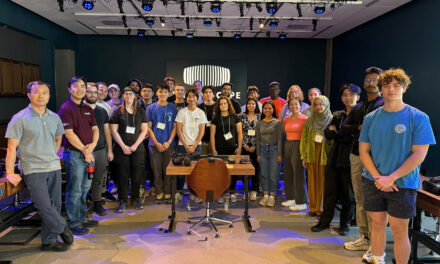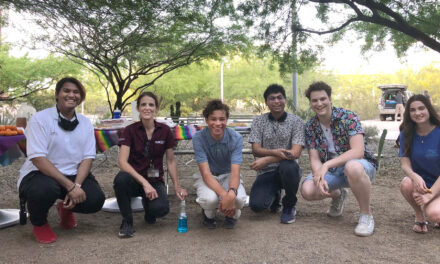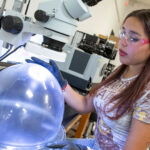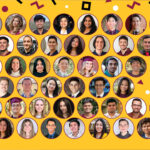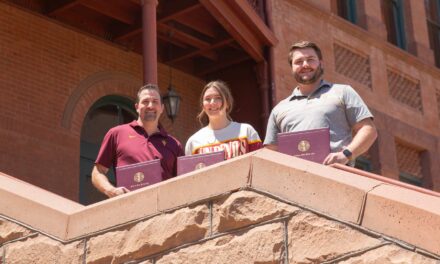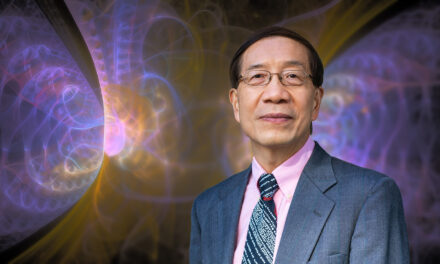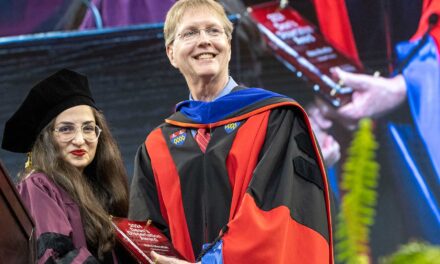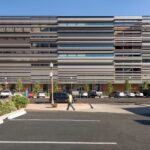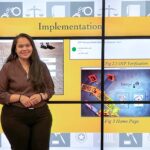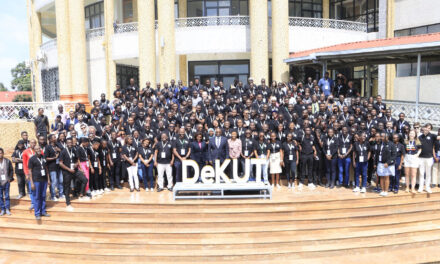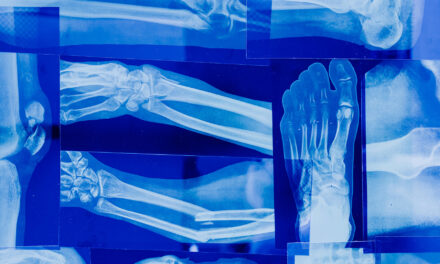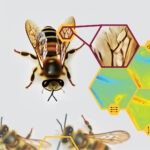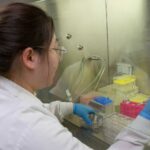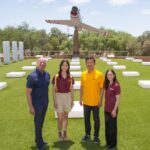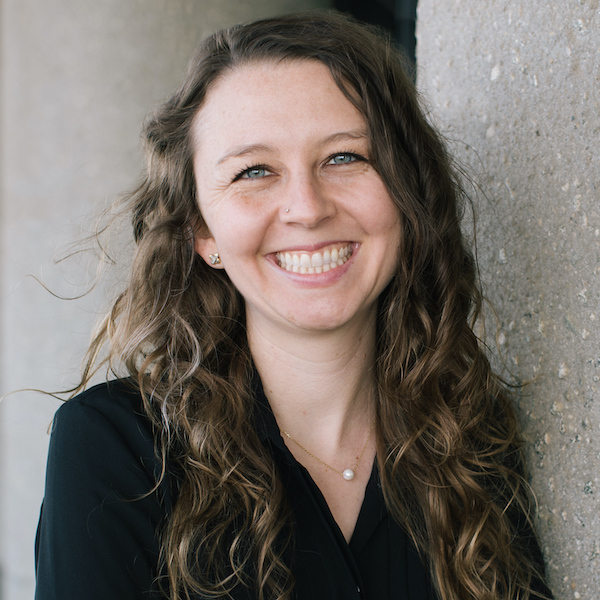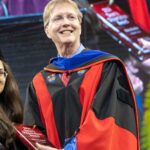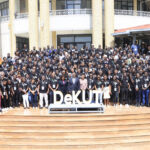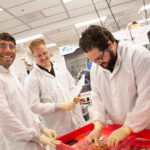
New Faculty Member, 2021-22
Madeline Andrews
Assistant Professor, Biomedical engineering
Madeline Andrews has set her sights on improving human health and resolving complex neurological diseases.
“Working to understand how the human brain develops and functions and how disruption to those fundamental processes can lead to neural disease captured my interest as a student and has kept me fascinated into my independent career,” says Andrews, who joins the Ira A. Fulton Schools of Engineering faculty as an assistant professor in the spring of 2022.
Andrews is no stranger to Arizona State University, having earned her bachelor’s degree in psychology as a Barrett, The Honors College student.
She chose to begin her faculty career at the School of Biological and Health Systems Engineering, one of the seven Fulton Schools, because of the university’s outstanding research environment, collaborative colleagues, enthusiastic students and focus on diversity and inclusion.
For the last several years, Andrews has been a postdoctoral fellow at the University of California, San Francisco. Her work focused on researching human cortical development, or how the cerebral cortex forms as the body grows. She previously studied cell fate specification and the signaling pathways for tissue development for her doctoral degree.
Andrews’ notable research achievements include a BRAIN Initiative K99/R00 Pathway to Independence Award she earned in 2020. Her project involves innovating brain organoid (miniature, simplified organ models made from stem cells) and transplantation-based methods to improve understanding of how human cortical development processes are impacted by cell interactions, signaling mechanisms and metabolism. This work aims to improve human brain model system accuracy and uncover features of human development and disease.
She has also earned a Brain and Behavior Research Foundation Young Investigator Grant, which is awarded to young scientists who are conducting innovative brain research. Andrews’ work for this grant is focused on how mutations in genes that regulate outer radial glial cells, which develop into neurons, affect conditions such as autism spectrum disorder.
Andrews is looking forward to leading her own scientific research group at the Fulton Schools.
“I’m excited to work toward a greater understanding of how the human brain develops, advance neural repair strategies for neurological disease and mentor the next generation of engineers and scientists,” she says.
When she’s not in the lab or classroom, you can find Andrews hiking the many trails around the Phoenix area.
Meet the newest faculty members of the Fulton Schools of Engineering here.






